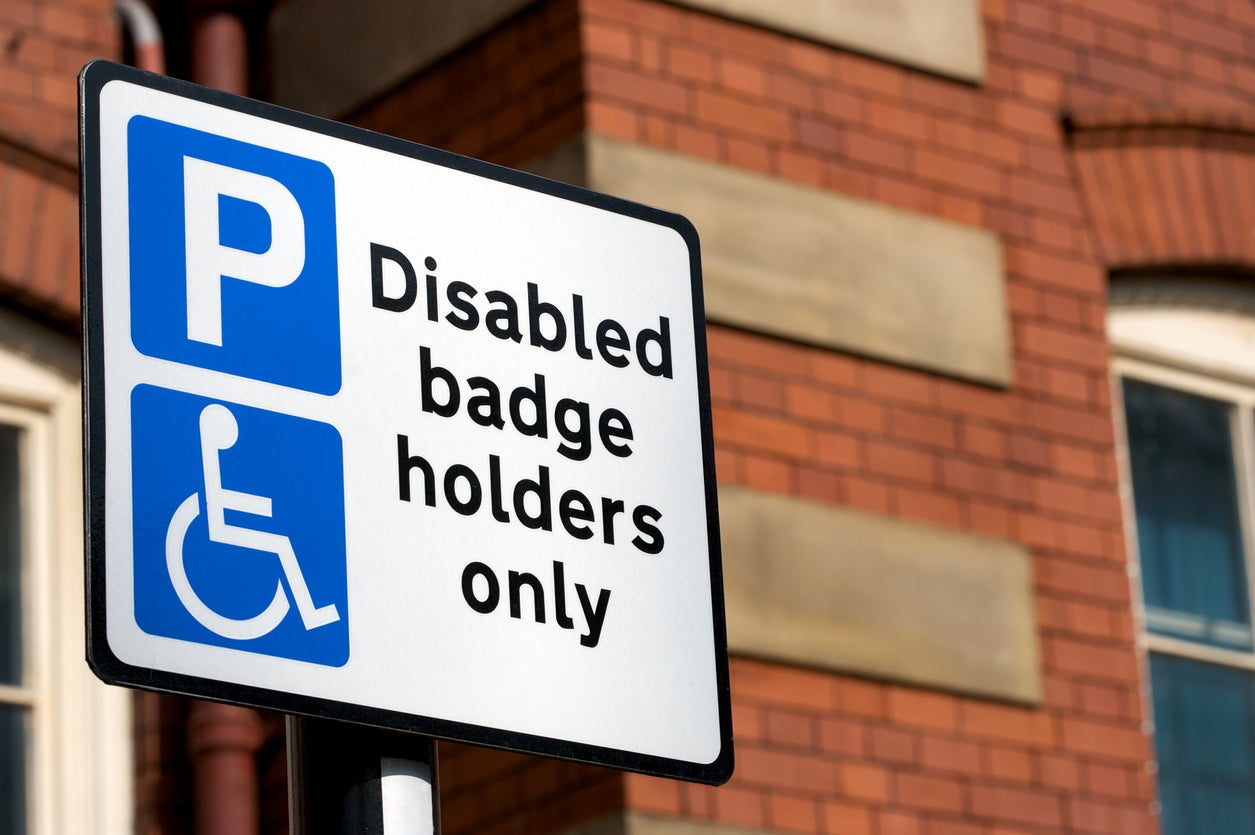York shows us that disability rights can be a political dealbreaker
The successful efforts of local campaigners show there is a pathway to improving the UK’s shabby record on disabled people’s rights, writes James Moore


How do we get a win?
This was a question I posed to a number of friends in the media and public relations. It was born of my frustration at the way in which the concerns of disabled people are so often swatted aside.
An extreme situation – like an airline passenger being forced to crawl off a plane – will sometimes move the dial. It did last week. But it’s all rather “Tut, isn’t that shocking, now what’s the latest reality TV scandal?”, because there is rarely any follow-up.
Except that in York, a scandal was followed up. And there were electoral consequences.
I’ve written several times about the efforts of campaigners in that historic city against the shameful decision, by a supposedly progressive Liberal Democrat-Green coalition-controlled council, to (effectively) wall off the historic centre to blue-badge users.
While the two parties benefited from a surge in support in the recent local elections in England, and now have a battalion of new councillors, in York they took a bloody nose, with the Labour Party seizing majority control for the first time since 2015. The Greens were wiped out.
“Labour will make York accessible for everybody,” said York Labour’s website during the campaign, promising to reverse that unconscionable ban.
Short of YouGov, or one of its rivals, descending on the city, we aren’t likely to get a definitive answer on just how much of a role the issue played in swinging the result. But it clearly played a role – and maybe a significant one – in the change in control.
The local Labour Party clearly thought a promise to torpedo the ban was a potential vote-winner. That pledge was sandwiched at the top of its list of promises between free school meals for primary school children and building affordable housing on council-owned land.
That the issue achieved such a high profile was down to the efforts of campaigners locally. Their messaging was sharper and more focused than many businesses end up with even after spending millions on branding companies, ad agencies and PR advisers.
All credit to the York Disability Rights Forum and York Accessibility Action, who got a petition up and running and explored legal avenues to challenge the ban, and to Reverse the Ban, which brought together more than 27 groups to counter what was seen as the council’s attempt to divide and rule.
These groups helped to keep the story in the media, both locally and nationally. They sought and secured allies, including none other than Dame Judi Dench. It worked.
All of which raises an interesting question: if it can be done in York, can it be done elsewhere?
Figures for the number of disabled people in Britain vary, depending on which estimate you care to use. The Office for National Statistics puts the official number at 9.8 million (in 2021), some 17.7 per cent of the population.
That represents a sizeable bloc. If it starts to exert itself, and if it produces more results like the one in York, it is just possible that Britain’s treatment of its disabled people could start to improve.
In the meantime, there are a lot of new councillors who need their feet holding to the fire. It isn’t just Green-Liberal Democrat councils that have done a miserable job by disabled Britons. All the main parties have been guilty of failings, and that is true in both local and central government.
Campaigning is hard work, especially for people with disabilities, for whom everyday life can be a painful and exhausting challenge. I know that from personal experience.
But if the political classes see there is an electoral price to be paid for behaviour that exacerbates that challenge, perhaps things could change for the better.

Join our commenting forum
Join thought-provoking conversations, follow other Independent readers and see their replies